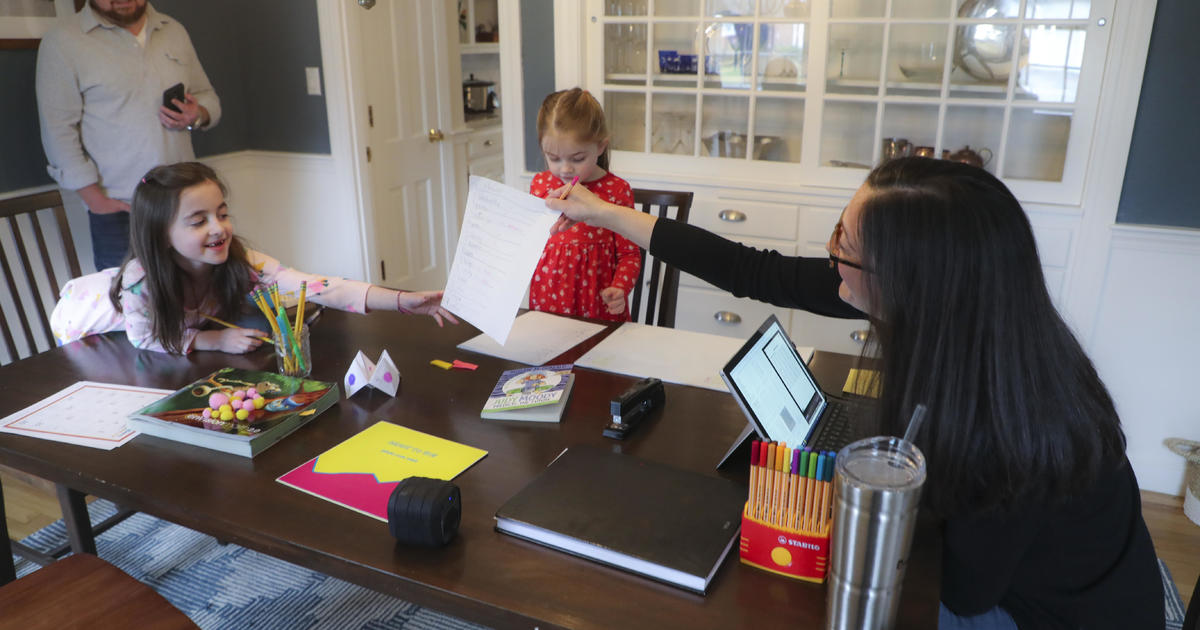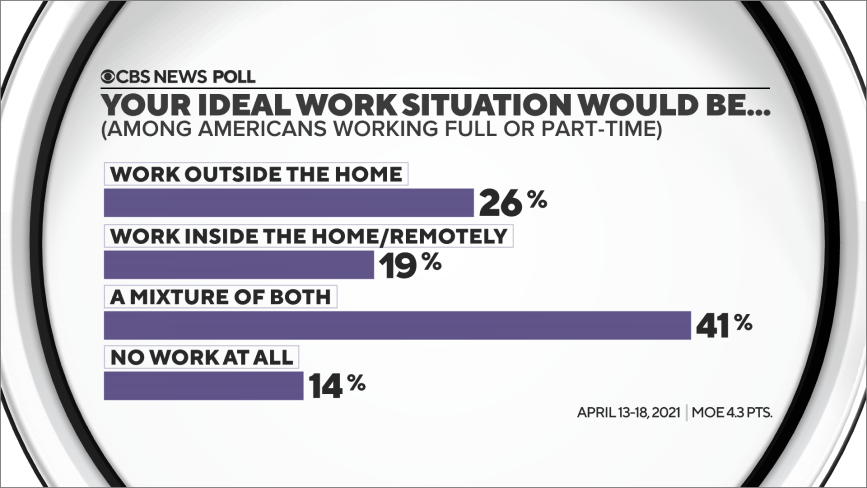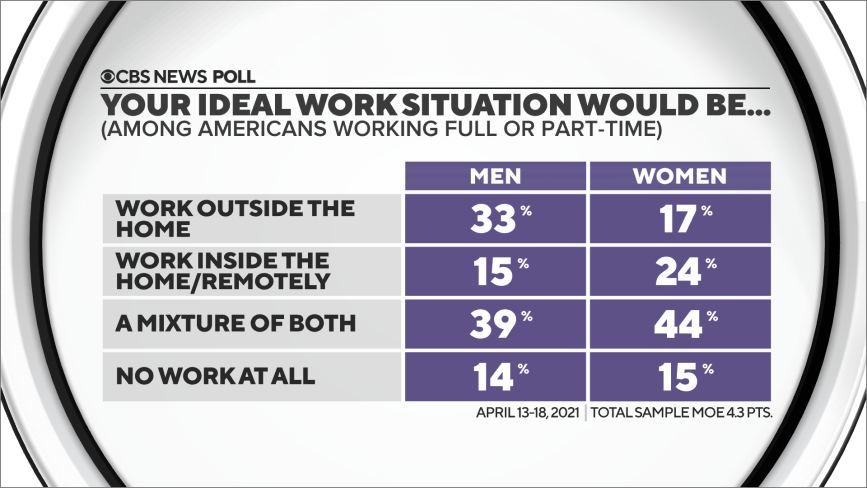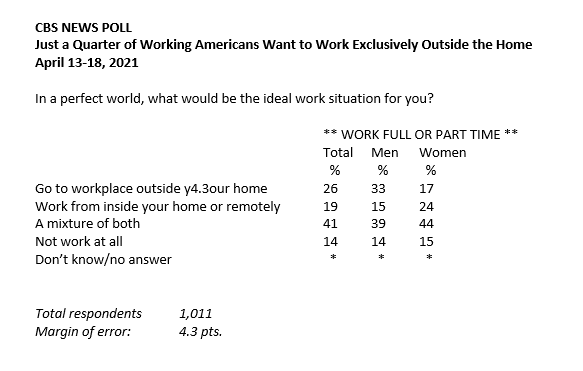I'm working from home entirely now and I still get my job done.
Many banks in SG are already cutting office spaces. Good move IMO.
CEO Piyush Gupta said DBS is reducing its physical footprint in Singapore and Hong Kong. Read more at straitstimes.com.

www.straitstimes.com
It is moving towards hybrid workspace where staff can have flexibility to work from home or office. Read more at straitstimes.com.

www.straitstimes.com
This could become the biggest floor cuts by a bank in Singapore in recent years. Read more at straitstimes.com.

www.straitstimes.com
October 20th,
2017
Something that costs less for everybody, increases our quality of life, and is better for the environment will likely triumph over an older, more expensive, dirtier, and more stressful way of doing things.

www.aberdeen.com
Could Telecommuting Reinvigorate the American Dream?
1962 US Futurism cartoon
George Jetson had a flying car. Yet he still commuted to work.
Even though the Jetsons lived in a world where everyone teleconferenced, and even saw the doctor via
telemedicine, it still didn’t occur to the Jetsons’ creators that people in the future might not have to drive to work every day. That’s how ingrained commuting to a job is in our way of life. But if that were to change, how vastly different would our lives become? And how much better?
Telecommuting is
on the rise, and as technology continues to advance and better allow workers to productively work from home, more and more employers are allowing their employees to do so, at least some of the time. Mass transit lobbies, highway construction firms, and public transportation unions may hate the idea of reducing traffic and congestion and eliminating the daily commute as an indelible factor in our way of life. But then again, messenger boys probably hated the idea of the telephone.
There is, and has been, much initial resistance to telecommuting. It’s not being unanimously embraced with open arms (we all remember the infamous decision of Yahoo CEO Marissa Meyers to
eliminate telecommuting altogether). Generally, telecommuting is seen as something that employers are reluctantly allowing employees to do, one or two days a week at the most. And their concerns are understandable. There have been
studies that show that “water cooler talk” does benefit team building, and personal interactions at the office do lead to the inception of productive, profitable ideas. The social aspect of work culture is very real and valuable.
But I have to wonder, at what point will the pros of telecommuting outweigh the cons? At the end of the day, I suspect that something that
costs less for everybody, increases our quality of life, and is better for the environment will triumph over an older, more expensive, dirtier, and more stressful way of doing things. That’s usually how it goes.
Water cooler talk and interpersonal socialization definitely have value. That isn’t being disputed. But at what point does the cost/benefit scale tip in favor of telecommuting? As technology keeps evolving, just how close can virtual interactions get to in-person interactions? Will it become more beneficial to sacrifice the benefits of in-person interactions in order to reap the benefits of telecommuting?
The first obvious benefit of telecommuting is the absence of a physical office. The costs of renting and maintaining real estate, especially in cities or other in-demand locations, would be a significant savings in itself. Without a physical location that workers have to commute to, the potential pool of talented employees to hire increases astronomically, often to a global scale.
But in the bigger picture, large-scale telecommuting could become a milestone in the creative destruction that defines our economy and way of life.
Why are some places so unaffordably expensive to live, and others not? Why would a modest four-bedroom house cost a million dollars in one neighborhood, but a hundred thousand dollars in another? Obviously, it’s because homes are more in demand in some areas than others. But why is that? Again, obviously, because the location is more desirable. It’s within commuting distance of places that people need to get to. Urban areas and suburbs close to cities are generally more expensive to live in because companies with highly-paid professional employees are located there. The further you get from a major city, typically, the less expensive the real estate is. Once the commute to where the majority of high-paying jobs are located gets to be untenable, the real estate value drops. Obviously.
But imagine, hypothetically, if more often than not, people could work at these jobs without having to commute to them? What if you could live in a $100,000 house with plenty of land, but still work a six-figure job for a company that’s based in a major city? Would you want to pay a mortgage on a $500,000 house located within driving distance of that major city? Again, at what point does the cost/benefit scale tip?
But what about schools? Activities? Churches? Museums? Restaurants? Nightlife? Culture? Communities? People don’t only want to live near cities because of employment. There’s an entire lifestyle inherent in it. People won’t just want to live in the middle of nowhere simply to save money.
Very true. But I think this line of thinking underestimates just how disruptive technology can be, and just how adaptable we are to it. After all, the majority of us aren’t working on family farms anymore. But if we were middle class in America before the invention of the automobile, we most likely would be. And it would have been nearly impossible for most of us to even fathom the suburban life the middle class lives today in 2017.
What if, in the vast number of exurbs and virtually limitless space available in rural America, telecommuting suddenly made these spaces desirable for young professionals to move to? What if they brought with them the demand for quality schools and theaters and museums and trendy coffee shops?
As it stands, young people are going to great lengths and devising some
pretty creative waysto afford their own homes. At what point do young people decide they’re tired of having to choose between box-car living or being perpetually broke just to live in a comfortable home? Most houses used to be built with a barn, because it was necessary for an agricultural life. Houses today are often built with a driveway and garage, because owning a vehicle and commuting are often necessities today. What if in the future, with
self-driving cars and telecommuting, houses are typically built with home offices included?
The benefits don’t stop at affordable home ownership. Flexibility regarding the time and place that work gets done would go a long way toward
closing gender pay gaps. Widespread adoption of telecommuting will reduce congestion on our highways, save on gas and infrastructure costs, and reduce CO2 and other greenhouse emissions. The more commuting can be limited, the longer seniors who want to work can do so, and the more easily people with mobility issues can fit into the workforce. It’s also a quality of life and family issue: If we reduce the number of hours Americans spend sitting in traffic and making long commutes, we give people more free time and more time with their families. At what point do Americans demand their legislators give tax breaks to companies that encourage telecommuting so they can better live the American Dream?
All of these are pretty broad questions, and it’s impossible to see the future. But the creative destruction of nine-to-five cubicle jobs could revolutionize the way we live and work, while producing many social and economic benefits. While not all industries will be able to adopt widespread telecommuting, and not all jobs will be able to be done remotely, telecommuting is, ultimately, another step forward in our never-ending pursuit to increase our quality of life.

















